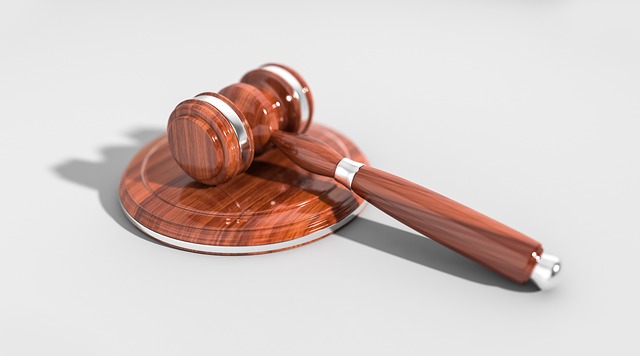Motorcycle accident insurance claims require gathering essential documents like police reports, medical records, and repair estimates to prove expenses related to injuries and vehicle damage. Contact information for involved parties, including witnesses, is crucial. Meticulous documentation builds a compelling case, and consulting an attorney ensures accurate submission and maximum compensation, especially in complex cases.
Navigating a #MotorcycleAccidentInsuranceClaim can be challenging. This guide breaks down everything you need to know to submit a successful claim. First, let’s understand the basics of motorcycle accident insurance claims and how they work. Then, we’ll delve into the necessary documents required for submission, emphasizing their importance in building a strong case. By following these steps and gathering the right paperwork, you can ensure a smoother process and potentially faster compensation.
- Understanding Motorcycle Accident Insurance Claims
- Necessary Documents for Claim Submission
- Building a Strong Case with Correct Paperwork
Understanding Motorcycle Accident Insurance Claims

A motorcycle accident insurance claim is a process that involves seeking financial compensation for injuries or damages sustained during a motorcycle collision. Understanding this process is crucial for riders, as it ensures they receive the support they need after an accident. When filing a motorcycle accident insurance claim, individuals should be prepared to gather and present relevant documents to substantiate their case.
These claims are distinct from other types of insurance settlements, such as commercial disputes or medical malpractice compensation. Product liability claims, for instance, may arise if a defect in a motorcycle part caused the accident. Unlike these complex scenarios, motorcycle accident claims focus on the immediate aftermath of a collision, including injuries, vehicle damage, and related expenses. Therefore, riders should prioritize collecting evidence like police reports, medical records, repair estimates, and witness statements to streamline their insurance claim process.
Necessary Documents for Claim Submission

When submitting a motorcycle accident insurance claim, it’s crucial to have all necessary documents organized and ready. The process can be complex, so ensuring you have everything in order from the start helps streamline the procedure. For a successful claim, gather your medical records detailing injuries sustained in the accident, police reports providing details of the incident, and any evidence of financial losses, such as repair bills or estimates for replacement parts. Additionally, proof of insurance from the at-fault driver’s provider is essential, as well as contact information for all parties involved, including witnesses. Just like a car accident compensation or truck accident claim, understanding what documentation is required is vital to a smooth motorcycle accident insurance claim process.
Building a Strong Case with Correct Paperwork

Building a strong case for your motorcycle accident insurance claim begins with proper paperwork. After a collision, it’s crucial to gather and organize all relevant documents that can support your version of events and demonstrate liability. This includes police reports detailing the incident, witness statements from bystanders or fellow riders who witnessed the crash, and medical records showing any injuries sustained. Additionally, photos of the accident scene, motorcycle damage, and any visible injuries can serve as compelling evidence.
Seeking assistance from a qualified personal injury attorney in Boca Raton, FL, is advisable, especially for complex cases. They understand the legal requirements and can ensure you submit all necessary documents accurately. An auto accident attorney will help protect your rights, advocate for your interests, and maximize your compensation, particularly when dealing with serious injuries that may require extensive medical care and rehabilitation.
When pursuing a motorcycle accident insurance claim, having the right documents is crucial. By understanding what’s required and meticulously compiling necessary paperwork, you can build a strong case that significantly increases your chances of a successful claim. Remember to keep copies of all submitted documents for future reference.





